The Saturday Read: Escalation
Inside: Iran and Israel at war, James Marriott on the death of literature, ideas for Keir, life on the Gaza strip, Kemi Badenoch, and the rise of west London.
Good morning. Welcome to the Saturday Read, the best of the New Statesman, in print and online this week. This is Finn with Nicholas and George.
The fight between Israel and Iran escalated overnight, with explosions heard across Tel Aviv, Jerusalem and Tehran. Iran has retaliated to the Israeli strike on its nuclear facilities on Friday, which killed key military commanders.
This is likely to be a long campaign. And Israel is typically ambitious: yes, this is about attempting to hobble Iranian nuclear capability, but it is also a broader, more cosmic quest to force a regime change of its most hostile neighbour.
Netanyahu, Rajan Menon writes, seems to hope that Trump will feel compelled to jump to Israel’s side. Ideally, he would have launched this attack as a joint operation (increasing the remote chance that Iran’s nuclear infrastructure would be truly destroyed). That didn’t happen. But now, following Iranian retaliation, Netanyahu may just have forced Washington’s hand. Our international editor Megan Gibson explains the stakes.
Before we start…
On Thursday morning Tom McTague, the New Statesman’s new editor-in-chief, sent you an edition of the Saturday Read (the Saturday Thursday Read?). It contained an extract of a very special piece: Tom’s profile of Keir Starmer. Tom has been on the road with the Prime Minister for some time, from Scotland to Norway to Westminster and an RAF aircraft. The result is a staggering, complex and essential account of a man nobody has managed to figure out, until now.
This is Tom’s inaugural issue as editor of the New Statesman, and he is joined by a new deputy too, Will Lloyd (loyal Saturday Readers may remember him as the co-founder of this newsletter). It’s an issue to be proud of, and some of our favourite pieces from it are down below. As ever, thanks for reading and have a great weekend.
1—“Atmosphere of militant bardolatry”
Once dubbed a “cognoscenti princeling” in our pages, we are delighted to feature a cameo from the Times’s James Marriott in this week’s magazine. He’s hear to tell us that English literature is dead – and that we have killed it. NH
To many students in the 21st century, English seems not a liberal discipline but a positively anti-democratic one, with its cultural hierarchies, decaying canons and excessive reverence for the scribblings of dead white males. If sympathy with Jane Eyre once implied an expanded sphere of moral concern capable of enhancing a person’s feeling for all humanity, it now signifies attachment to the culture of an oppressive elite. The rise of electronic distraction has only tended to increase English’s political vulnerability. Not only is English more remote than it has ever been from the cultural mainstream but the fewer people actually read Charles Dickens and George Eliot, the more their exalted place in the canon seems like the conspiracy of an establishment minority rather than something that is obvious to all intelligent people.
2—“Ideas for Keir”
What do Kneecap, Anne Applebaum, Piers Morgan, Tony Adams and Tracey Emin have in common? They all have an idea for Keir, of course! It was a lot of fun to pull together this symposium of advice for the Prime Minister as he approaches one year in office. FMcR
Piers Morgan
Prime Minister, amid all the calls on your time to bring about world peace, economic stability and fix the NHS, might I suggest an even more urgent priority? Please apply maximum pressure from the most powerful office in the country to compel our football club, Arsenal, to sign a world-class striker in this summer’s transfer window so we can win the bloody Premier League after three seasons coming second. As you know better than most from your political career, being the bride is infinitely more satisfying than being the perennial bridesmaid.
3—“Funeral, car crash, whatever”
And what, exactly, was Kemi Badenoch doing in a West End theatre onstage with comedian Matt Forde recently? What constituency was she trying to reach? Is this really the strategy for dealing with the cosmic threat Nigel Farage poses her party? All good questions, that left Will scratching his head. FMcR
Are there many votes left for Conservative leaders in the bullseye centre of liberal London, or did one of her aides book her in for the sweet comic grilling months ago, when the Tories weren’t finishing fourth in Scottish by-elections on an apocalyptic 6 per cent of the vote?
The move showed ambition, which Badenoch can never be accused of lacking. For every two voters the Conservatives are at risk of losing to Labour or the Liberal Democrats, one exhausted Tory flack told me this week, they haemorrhage five or six to Reform. Badenoch could turn the tide against Nigel Farage right here in the Duchess by talking about herself for 45 minutes in front of an audience of Lib Dems.
4—“Medics effectively greenlit their suicide pact”
Hannah continues to do the work she feels politicians are neglecting. Grasping the nettle of assisted dying policy detail, she takes aim at the “Australian model” which Leadbeater et al consider exemplary. The devil is in the details, if only someone would look. GM
MPs hearing evidence on the bill had little time with six Australian witnesses, all of whom were supportive of VAD. Their arguments didn’t always stand up to scrutiny. “The medications are completely effective. I have not experienced any failures,” said Chloe Furst, a palliative care doctor from South Australia and board member of Voluntary Assisted Dying Australia and New Zealand. But, MPs pointed out, there is no requirement that a doctor be present when someone self-administers, nor is there provision for reporting complications. In Western Australia, where this information is collected, complications were recorded in 4.3 per cent of deaths in 2023-24.
To enjoy our latest analysis of politics, news and events, in addition to world-class literary and cultural reviews, click here to subscribe to the New Statesman. You'll enjoy all of the New Statesman's online content, ad-free podcasts and invitations to NS events.
5—“The war zone”
Journalists have consistently struggled to gain access to Gaza since the start of Israel’s war. We are therefore very proud to publish this first-person diary of life on the Strip by Sondos Sabra: in short, a living hell. NH
Gaza, these days, is more exhausting than usual. Not the kind of fatigue that passes with rest, but the slow extinguishing sort. The children’s faces are pale, their shoulders thin, their eyes hollow. A general frailty hangs in the air. As for me, I’ve stopped eating bread. The flour is old, infested. We add vanilla and rosewater to trick ourselves, but I still can’t stomach it. I rely on lentils, fava beans, chickpeas and the occasional vegetable that shows up in the market like a rare, overpriced guest.
6—“He’s had a good time”
After a decades-long run of books about sporadic obsessions, Geoff Dyer has done a conventional memoir. Lifelong Geoff-o-holic Nicholas swung down to Notting Hill for a chat. Dyer has written about himself before, but this book might be the first real chance to know him. GM
Dyer gives us all the first fights and first fucks, and before that all the mewling and pissed-off-with-his-schooling. He does refreshingly leave out the self-abuse that dominates the 20th-century iterations of the genre, telling me when we meet in London that, while “there was no cover-up”, other male writers had exhausted the subject. But though guided by what he has called “perpetual revelation” – often shaming self-revelation – this book represents something of a swerve for Dyer, a project equal parts social and personal.
7—“Amis haunts”
Like an Oswald Spengler with a slightly more limited canvas, this week Finn deals with the decline of the west – of London. Over the past decade, Hackney became the capital’s culinary and cultural hub, she writes. But now there is something stirring in Notting Hill, signs of a rejuvenation, perhaps even a Renaissance. NH
What precipitated the resurrection of the West? Well, it all starts with the Protestant Reformation and then the emergence of a globalised capitalist… no, hold on. I suspect the explanation is uncomplicated: Hackney was desirable for the aspiring restaurateur in the 2000s because rent was cheap. It was disconnected, the graphic designers had not yet moved in. But as the middle classes looked east, the prices rose with them. Hackney became desirable because Hackney was desirable and so Hackney became too desirable. In this cosmic battle between competing poles, east was felled by its success.
Best of the Rest
Alan Siegel: The Simpsons is morally good
Emily Nussbaum: The woman who invented sitcom
Patrick Maguire: Starmer sees virtue in pier pressure
Janan Ganesh: Only crisis will wean the West off debt
Rebecca Jennings: How to fix attention spans
And with that…
It is “this moment of June”. Virginia Woolf never specified quite which date her masterpiece Mrs Dalloway occurs on, but scholar Mark Hussey has done forensic work. His best guess is the 11th – last Wednesday. And this year marks one hundred years since publication. So it was nice happenstance that the Saturday Read team were established and out rather late in Bloomsbury when midnight struck 11 June, able to cheers the modernist master as Dalloway Day broke.
I wrote about how Woolf’s approach to the self was at once prompted and ruined by the First World War. She wanted to discover light by tunnelling into the “dark region of psychology”. But the danger is that you might just sink deeper and deeper into darkness. I hope you like the piece. – George.
The New Statesman is home to the finest writing on politics, culture and ideas. To stay up to date, subscribe using the link above.
— Finn, Nicholas and George.






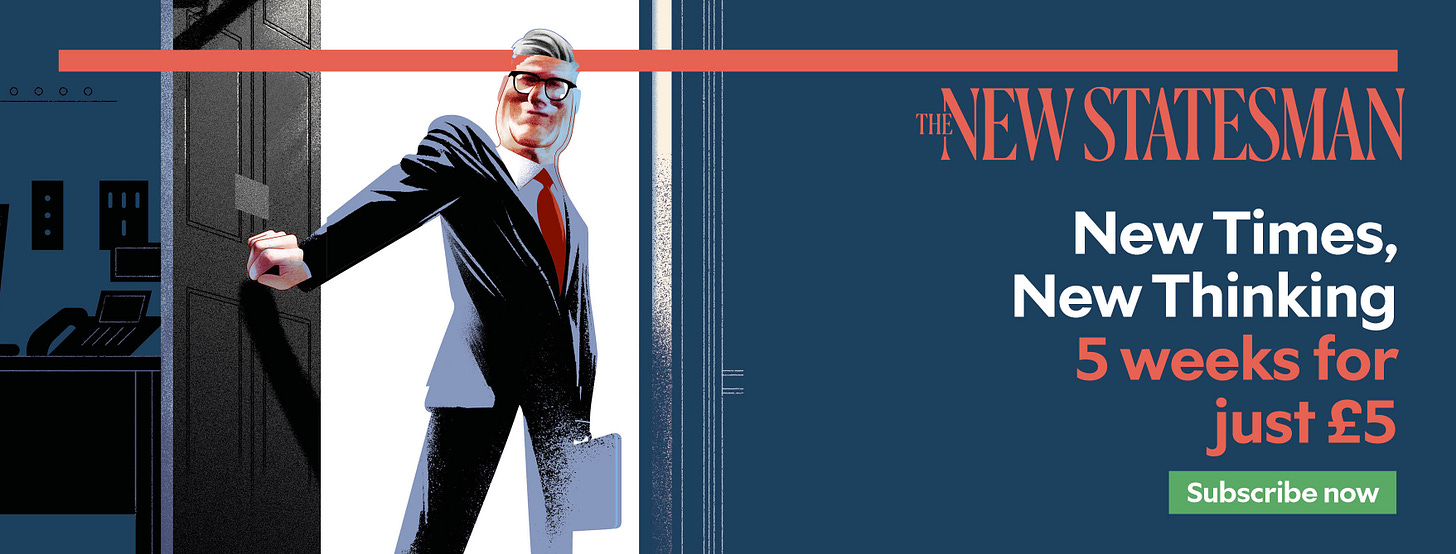
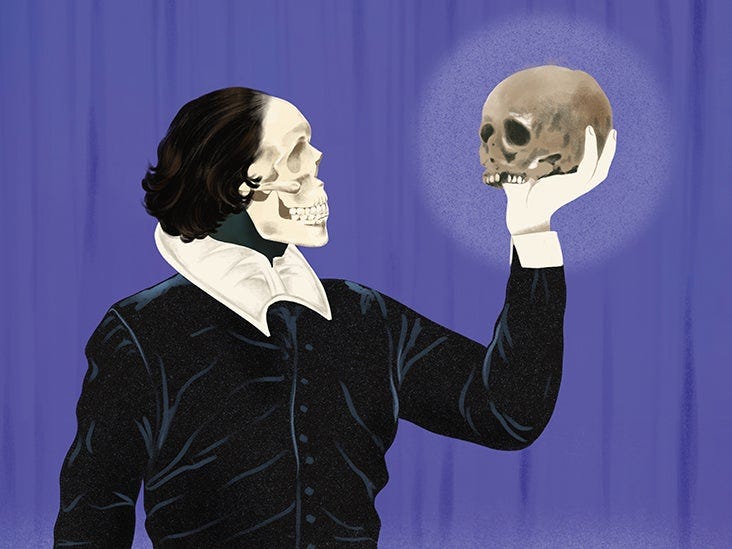
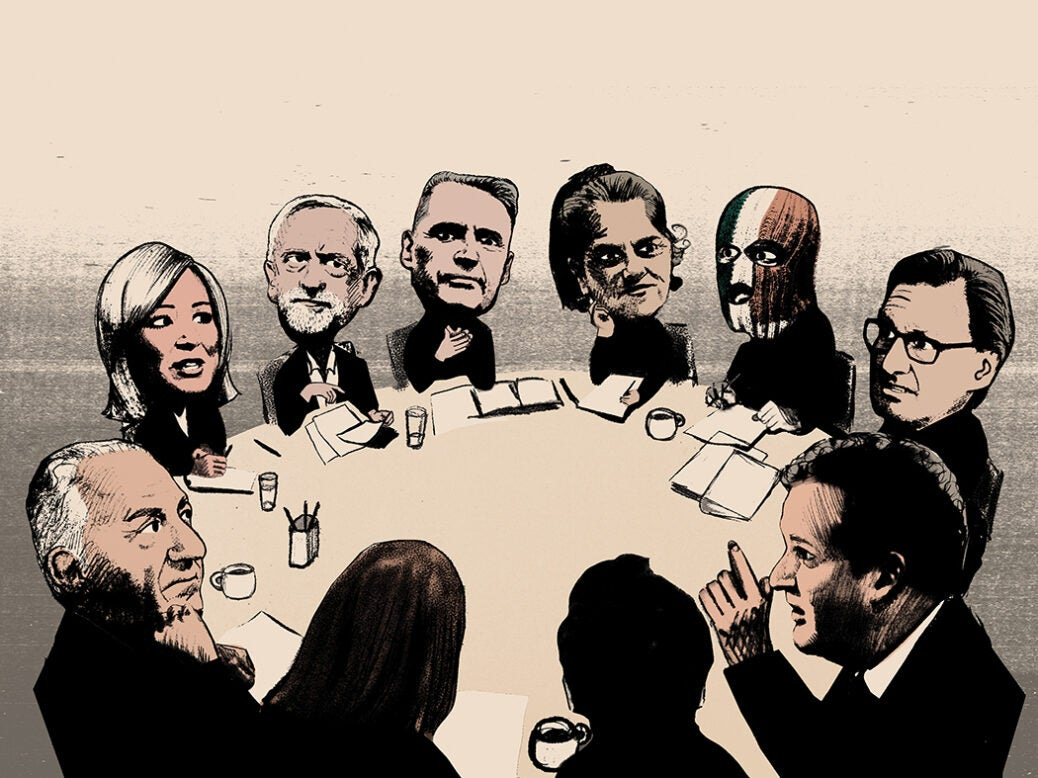

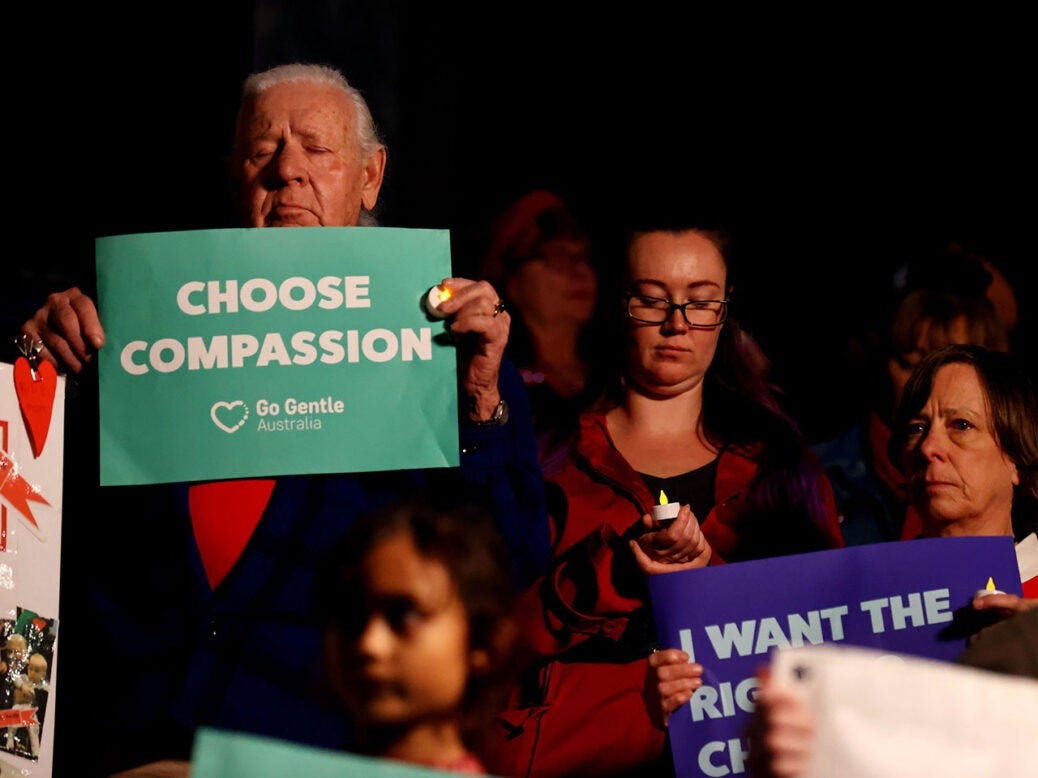
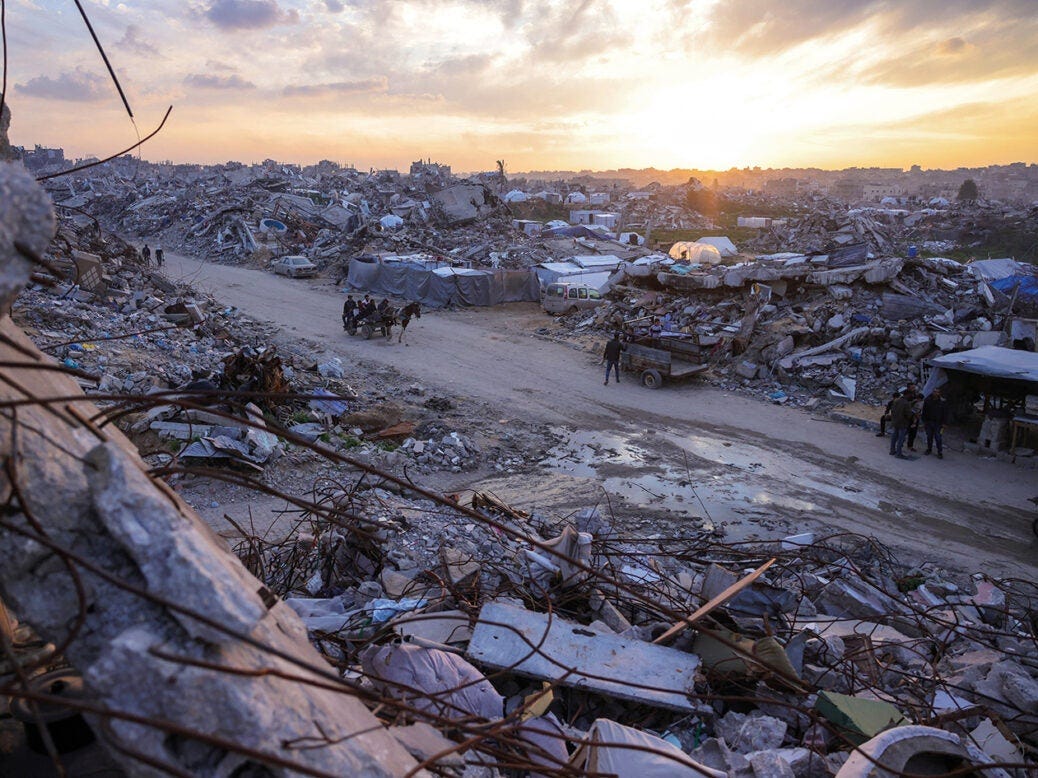
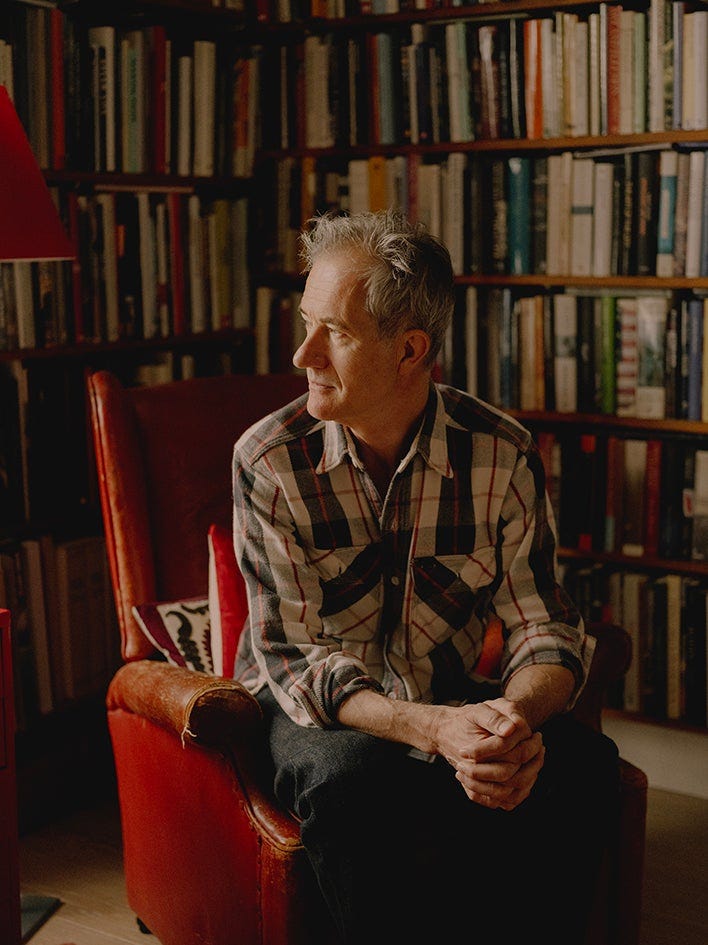


I appreciate that many people think that war is not the solution to anything, yet it has proved the solution to the establishment of state politics. In England the Norman Conquest resolved the centuries in which the Anglo Saxon Kings fought each other until they were conquered by the Vikings and then William the Bastard. Israel established itself by continuous war against its neighbours. France finally threw out the English in 1485 and retook Calais in 1557. Ukraine has to fight for the right to be free of the Russians, having been conquered by the Mongols and then by the Tzars. I celebrate the attempts by Israel to prevent Iran from getting a nuclear weapon. It is bad enough that Iran dominates Iraq, Lebanon and Yemen and is dedicated to disrupting normal life wherever it feels it has the power to do so. Europe must take up the challenge to defend itself by eliminating its enemies. Russia being the most prominent of those enemies. I celebrate the news this morning that the EU is finally getting to grips with the sanctions necessary to reduce the capacity of Russia to continue its invasion of Ukraine.